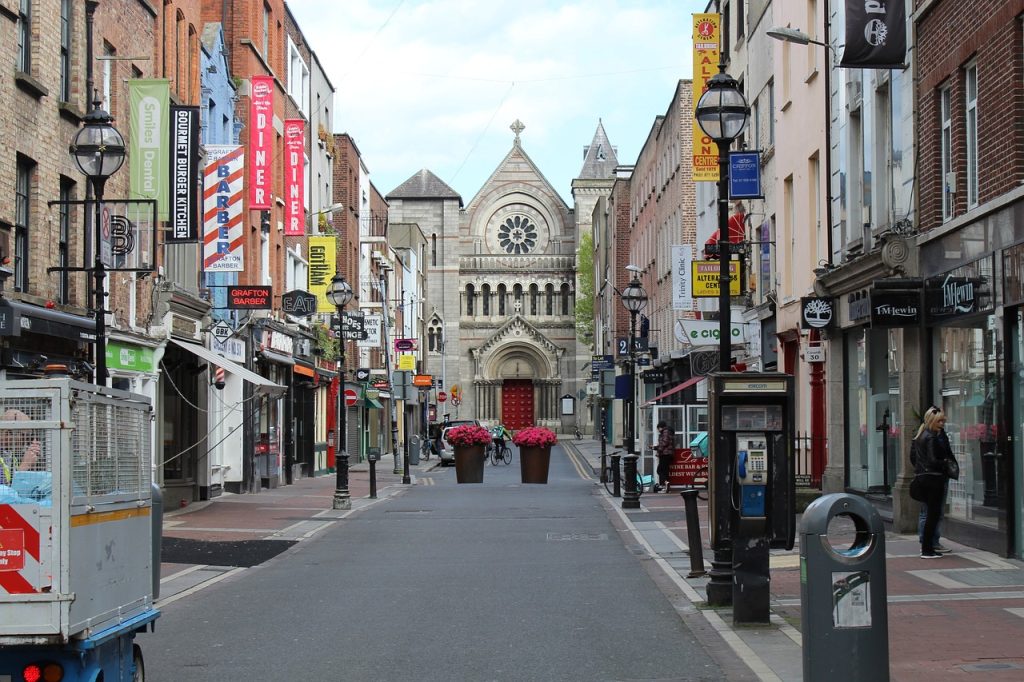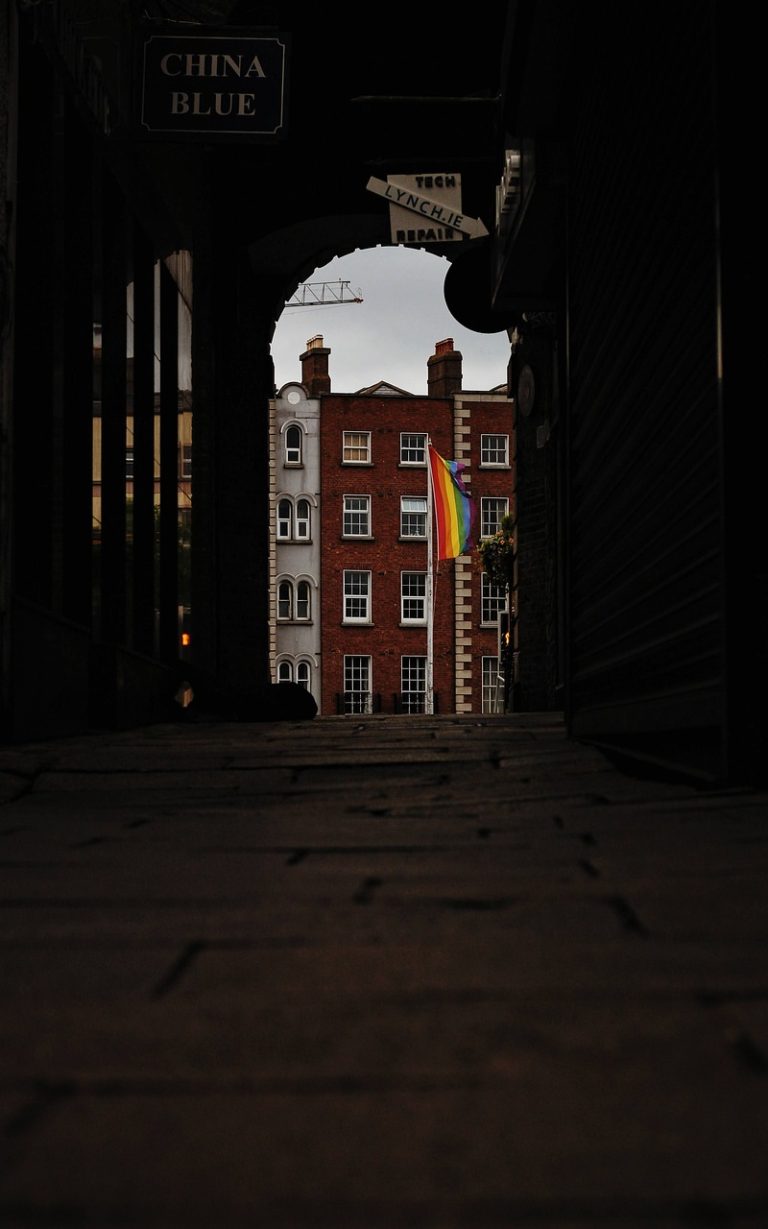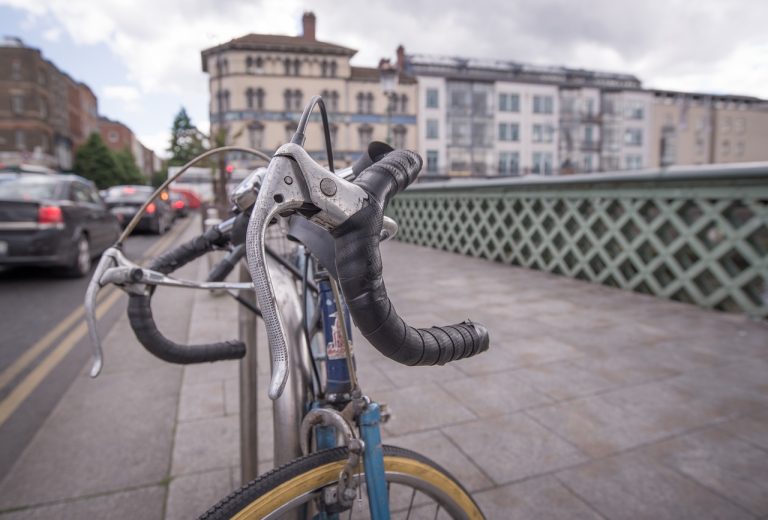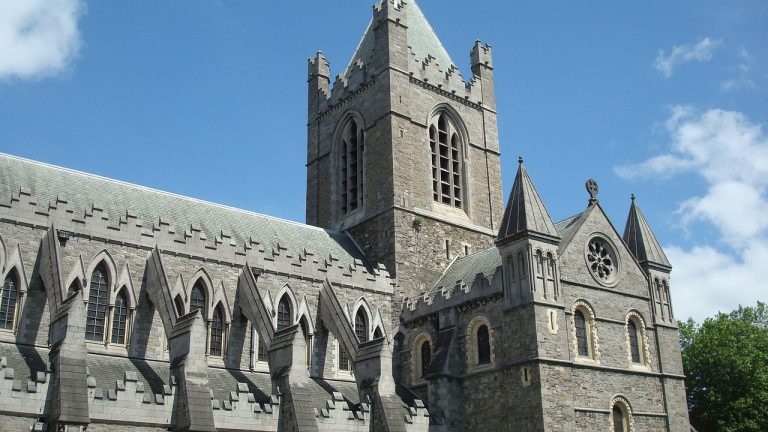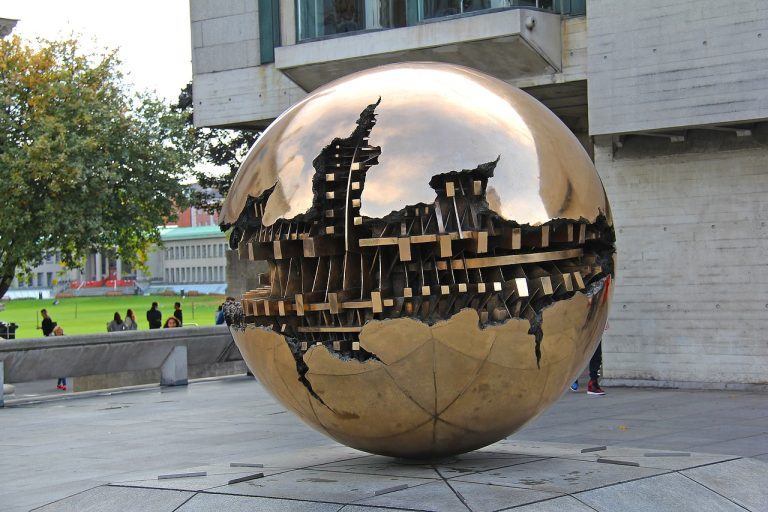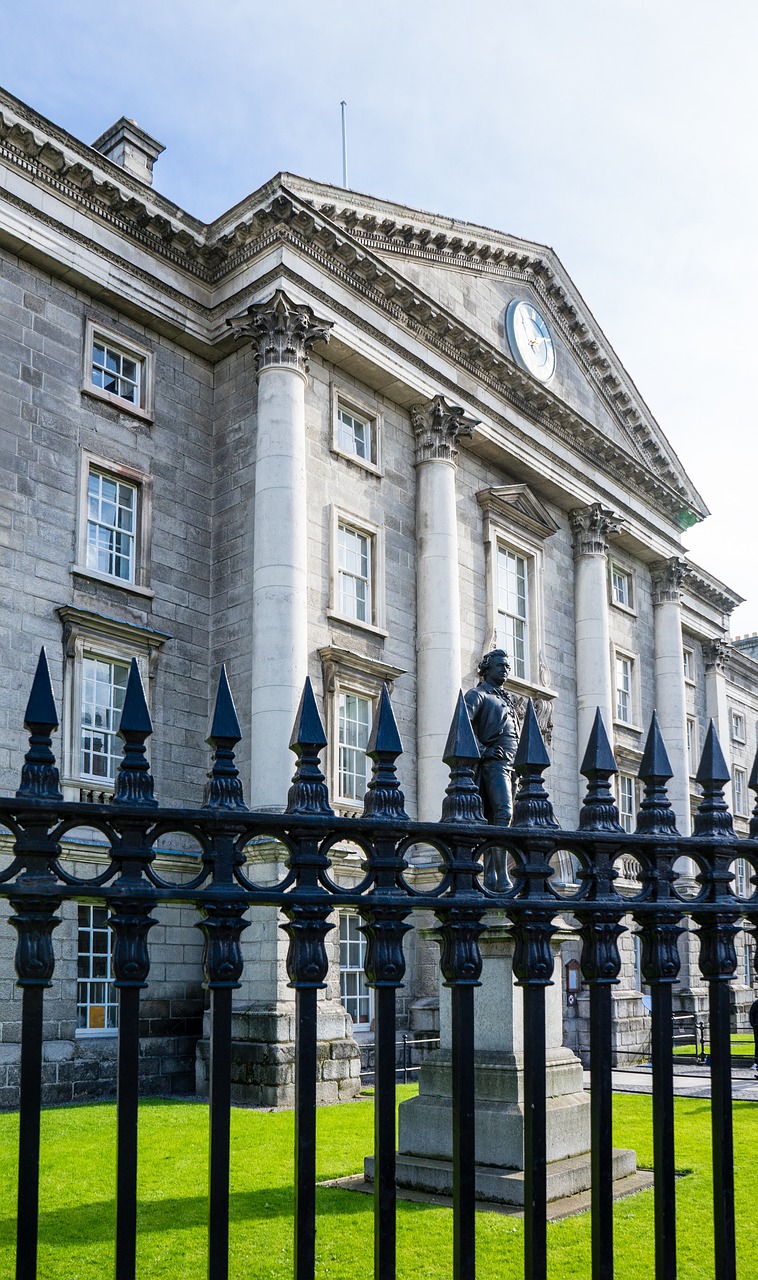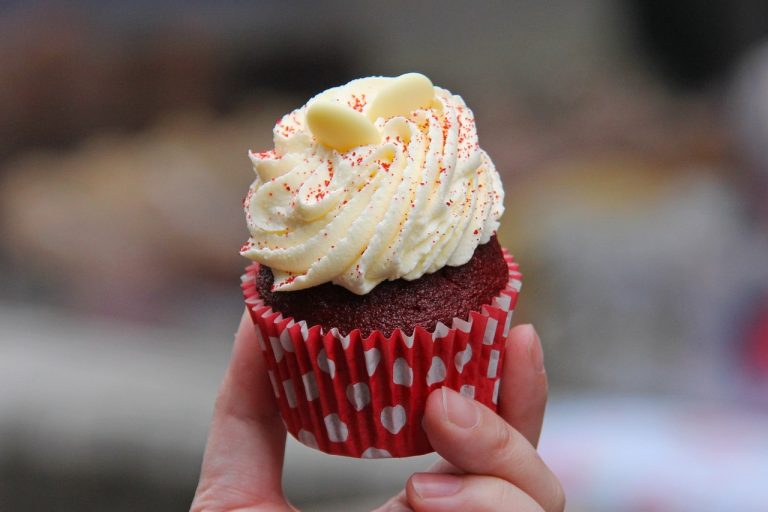Dublin Ireland Video
The History of Dublin
Dublin, the capital city of Ireland, has a rich and fascinating history that dates back over a thousand years. It was initially founded as a Viking settlement in the 9th century and has since evolved into a vibrant and cosmopolitan city. The city has seen various historical events and influences, such as the Norman invasion, the establishment of English rule, and the struggle for Irish independence.
- Viking Origins: Dublin was founded by the Vikings in the 9th century, who named it “Dubh Linn,” meaning “black pool.” They established a bustling trading port and left a lasting impact on the city’s culture and architecture.
- Norman Influence: In the 12th century, the Normans invaded Dublin and brought their own architectural styles and governance. They built impressive structures like Dublin Castle and Christ Church Cathedral, which still stand today.
- English Rule: Dublin became the center of English rule in Ireland during the 16th century. The English crown exerted control over the city, leading to the development of Georgian architecture and the construction of notable landmarks like Trinity College.
- Irish Independence: The 20th century saw Dublin at the forefront of the struggle for Irish independence. Significant events like the Easter Rising in 1916 and the establishment of an independent Irish state in 1922 shaped the city’s modern identity.
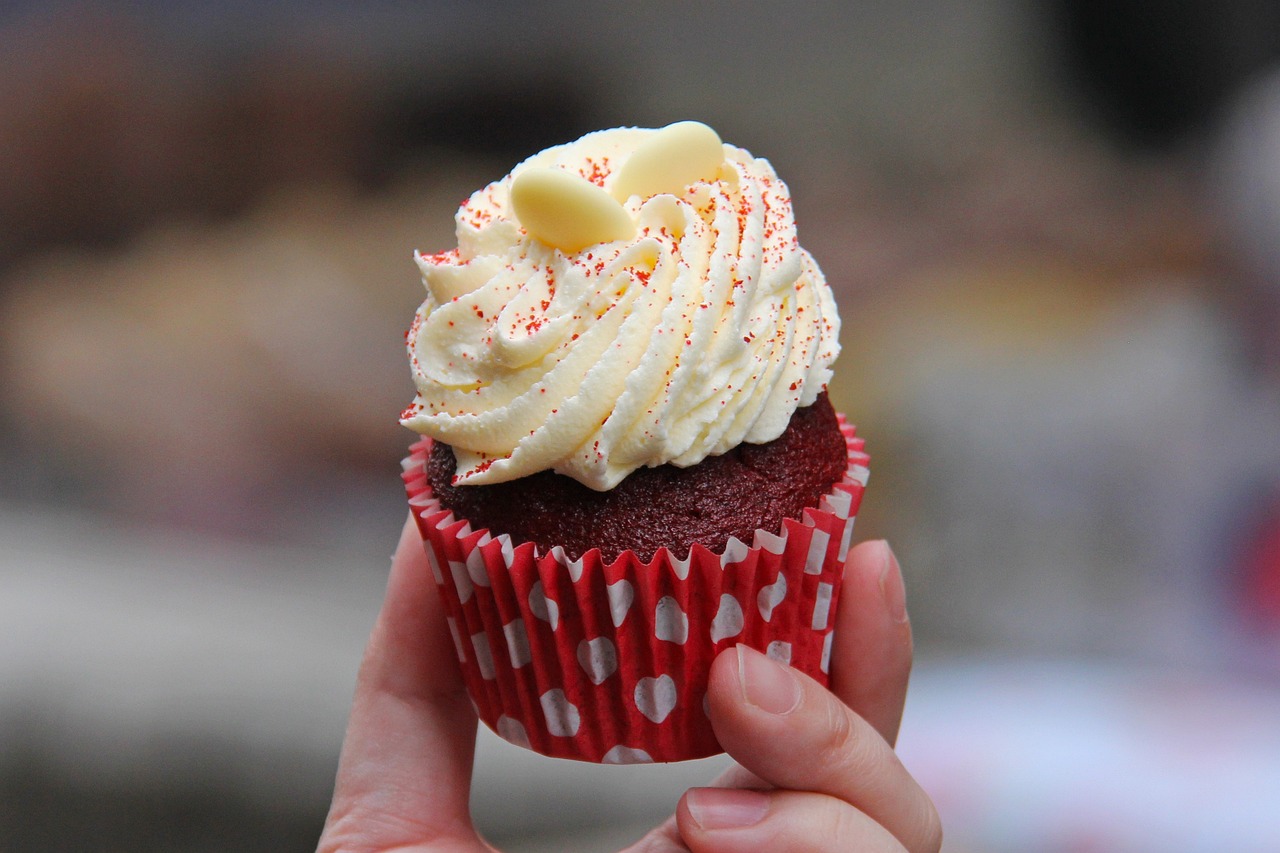
The Cultural Heritage of Dublin
Dublin is renowned for its vibrant cultural scene, which encompasses literature, music, theater, and art. The city has produced numerous famous writers, musicians, and artists who have made significant contributions to their respective fields.
- Literary Legacy: Dublin has a rich literary heritage, with renowned writers like James Joyce, Oscar Wilde, and Samuel Beckett hailing from the city. Visitors can explore literary landmarks such as the Dublin Writers Museum and Trinity College’s Old Library, home to the Book of Kells.
- Musical Traditions: The city is known for its traditional Irish music, with lively pubs hosting nightly sessions of fiddles, flutes, and bodhráns. Temple Bar, a cultural quarter in Dublin, is a popular destination for music enthusiasts.
- Theater Scene: Dublin boasts a thriving theater scene, with venues like the Abbey Theatre showcasing both classic and contemporary plays. The Dublin Theatre Festival, held annually, attracts theater enthusiasts from around the world.
- Artistic Expression: The city is home to numerous art galleries and museums, including the National Gallery of Ireland and the Irish Museum of Modern Art. These institutions exhibit a diverse range of artistic styles and showcase the works of both Irish and international artists.
Dublin’s Architectural Marvels
Dublin is a treasure trove of architectural marvels, blending ancient structures with modern designs. From medieval castles to Georgian townhouses, the city’s architecture reflects its rich history and evolving urban landscape.
- Dublin Castle: Built by the Normans in the 13th century, Dublin Castle is a prominent landmark that served as the seat of British rule in Ireland. Its architecture showcases a fusion of medieval and Georgian styles.
- Trinity College: Founded in 1592, Trinity College is Ireland’s oldest university. Its campus features stunning Georgian architecture, including the iconic Campanile and the Examination Hall.
- Christ Church Cathedral: This magnificent cathedral dates back to the 11th century and exhibits a mix of architectural styles, ranging from Norman to Gothic. Its crypt is one of the largest in the British Isles.
- Georgian Squares: Dublin is renowned for its elegant Georgian townhouses, particularly in areas like Merrion Square and Fitzwilliam Square. These well-preserved buildings showcase the city’s 18th-century architectural heritage.
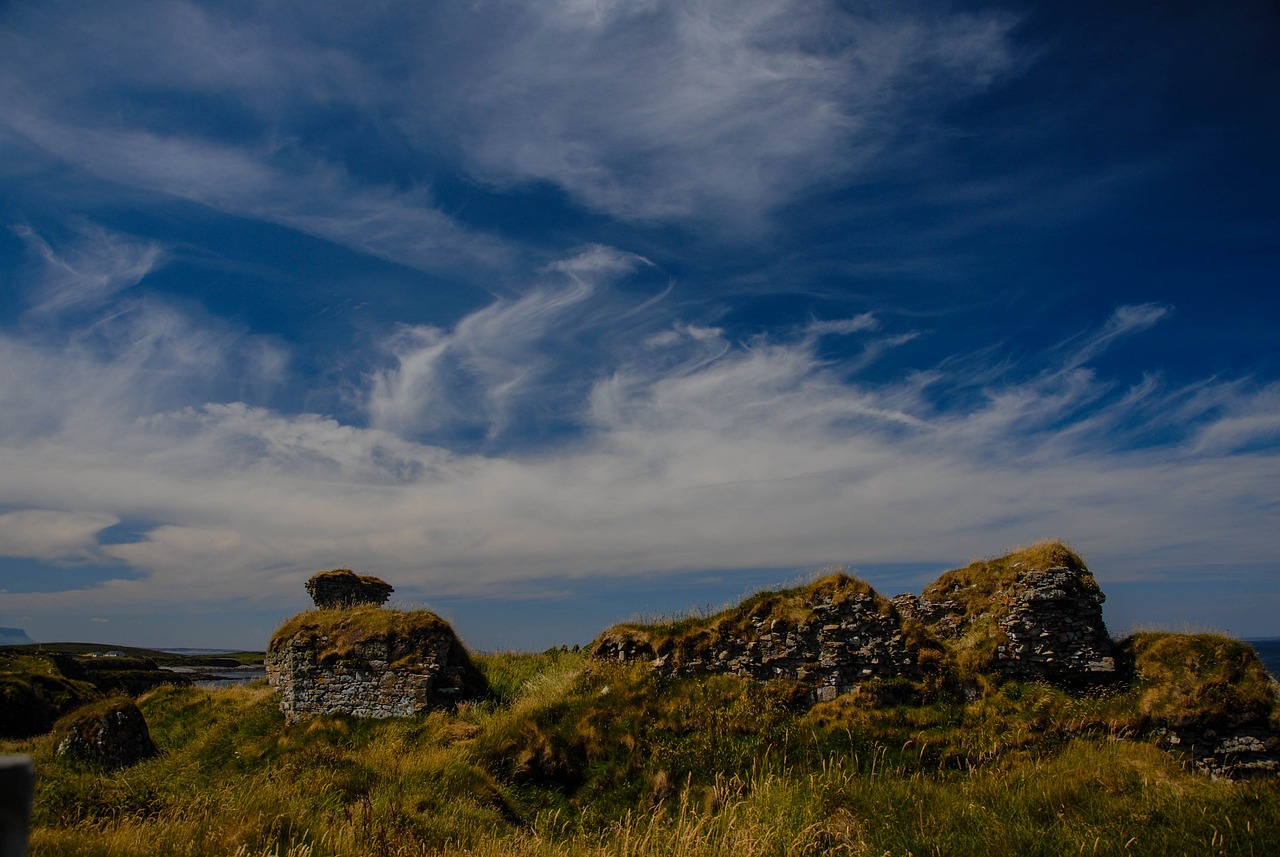
The Vibrant Pub Culture
Dublin’s pub culture is legendary and plays a significant role in the city’s social fabric. Pubs are not just places to grab a drink but also serve as meeting spots for locals and visitors alike, fostering a sense of community and camaraderie.
- Traditional Irish Pubs: Dublin is home to numerous traditional Irish pubs, where visitors can enjoy live music, hearty food, and a pint of Guinness. Iconic establishments like The Brazen Head and The Temple Bar Pub are must-visit destinations.
- Pub Traditions: Dublin’s pubs have their own unique traditions, such as the “toastie” (a toasted sandwich) served as a pub snack and the lively “craic” (atmosphere) that permeates these establishments.
- Historical Significance: Many of Dublin’s pubs have a rich history, dating back several centuries. Some, like The Long Hall, have retained their original Victorian-era interiors, providing a glimpse into the past.
- Brewing Heritage: Dublin has a long-standing brewing heritage, with Guinness being the most famous Irish beer. The Guinness Storehouse offers an immersive experience, allowing visitors to learn about the brewing process and enjoy panoramic views of the city from the Gravity Bar.
Dublin’s Parks and Gardens
Despite being a bustling city, Dublin offers numerous green spaces where residents and visitors can escape the urban hustle and enjoy nature. The city’s parks and gardens provide tranquil retreats and recreational opportunities.
- Phoenix Park: Located west of the city center, Phoenix Park is one of the largest enclosed urban parks in Europe. It spans over 1,750 acres and is home to Dublin Zoo, Aras an Uachtaráin (the residence of the President of Ireland), and numerous walking trails.
- St. Stephen’s Green: Situated in the heart of Dublin, St. Stephen’s Green is a beautifully landscaped park with colorful flowerbeds, a lake, and statues. It offers a peaceful oasis amidst the bustling city streets.
- Iveagh Gardens: Tucked away behind the National Concert Hall, the Iveagh Gardens are a hidden gem. This Victorian-era park features stunning landscapes, fountains, and a rustic grotto.
- Merrion Square: Located in Dublin’s Georgian Quarter, Merrion Square is a picturesque park with manicured lawns and vibrant flower displays. The park is adorned with statues of notable Irish figures, including Oscar Wilde.
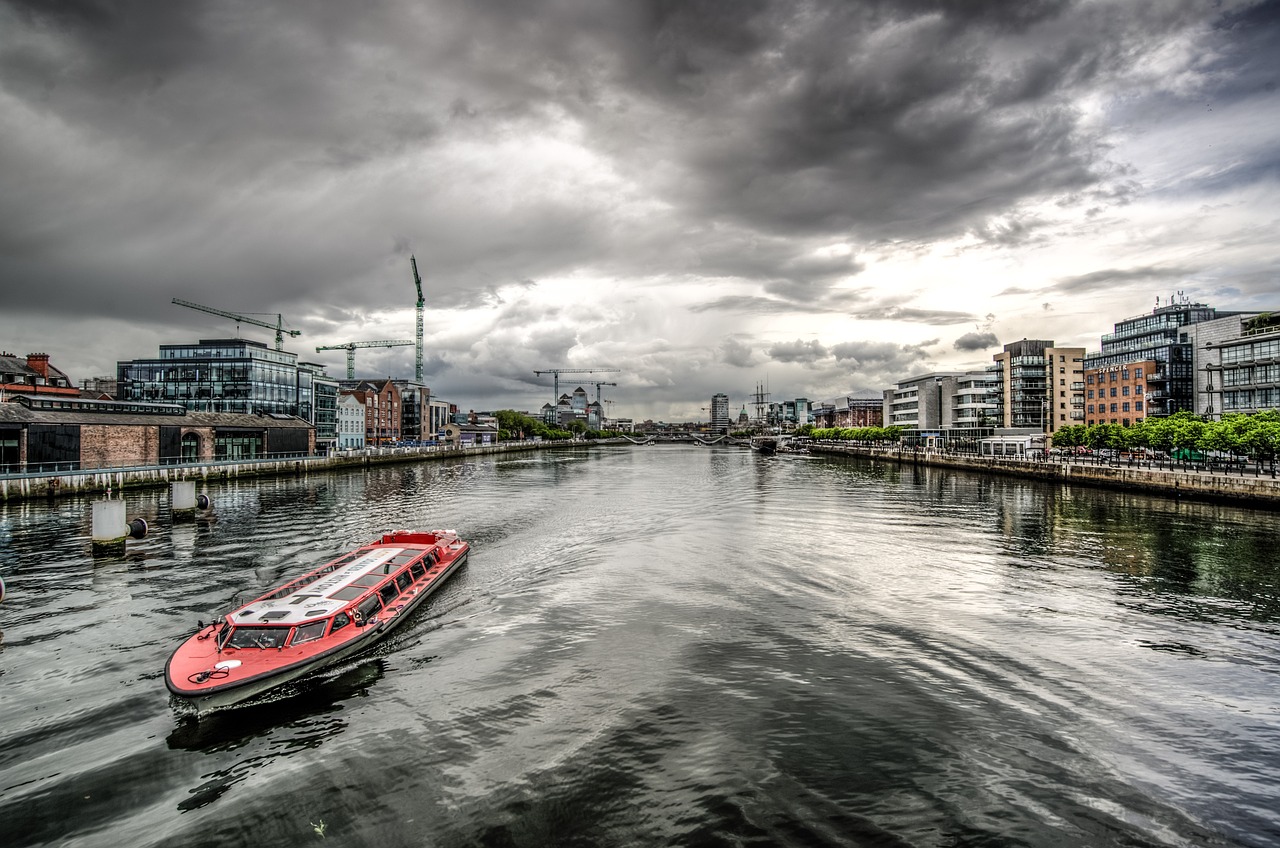
Dublin’s Culinary Delights
Dublin has emerged as a food lover’s paradise, offering a diverse culinary scene that celebrates both traditional Irish cuisine and international flavors. From Michelin-starred restaurants to cozy cafes, the city has something to satisfy every palate.
- Traditional Irish Fare: Dublin is the perfect place to sample traditional Irish dishes like Irish stew, colcannon, and boxty. Local pubs and restaurants often incorporate locally sourced ingredients into their menus.
- Seafood Specialties: Being a coastal city, Dublin is known for its fresh seafood. From fish and chips to indulgent seafood platters, there are plenty of options to savor the flavors of the sea.
- International Cuisine: Dublin’s culinary scene is diverse, with a wide range of international cuisines available. Visitors can indulge in Italian, Indian, Mexican, and many other global flavors.
- Farmers’ Markets: Dublin hosts several farmers’ markets where visitors can purchase fresh produce, artisanal cheeses, baked goods, and more. The Temple Bar Food Market and the People’s Park Farmers Market are popular destinations.
Shopping in Dublin
Dublin offers a vibrant shopping experience, with a mix of high-end boutiques, department stores, and unique independent shops. From fashion to crafts, the city caters to all shopping preferences.
- Grafton Street: Located in the city center, Grafton Street is Dublin’s premier shopping destination. Here, visitors can find a range of high-street brands, luxury retailers, and charming cafes.
- Powerscourt Centre: Housed in a stunning Georgian building, the Powerscourt Centre is a hub for independent boutiques, artisanal crafts, and specialty shops. It also features a beautiful interior courtyard.
- Designer Stores: Dublin is home to several designer stores, including Brown Thomas and Arnotts, where fashion enthusiasts can browse luxury brands and the latest trends.
- Vintage and Antique Shops: The city has a thriving vintage and antique scene, with shops like Om Diva and Lucy’s Lounge offering unique clothing, accessories, and collectibles.
Dublin’s Festivals and Events
Dublin hosts a variety of festivals and events throughout the year, showcasing its vibrant cultural scene and bringing the city to life with music, art, and entertainment.
- St. Patrick’s Festival: The St. Patrick’s Festival is a highlight of Dublin’s event calendar, celebrating Ireland’s patron saint with a week-long program of parades, music, dance, and cultural events.
- Dublin Fringe Festival: The Dublin Fringe Festival is an annual celebration of the performing arts, featuring innovative theater, dance, comedy, and music performances across various venues in the city.
- Bloomsday: Bloomsday honors James Joyce’s iconic novel “Ulysses” and takes place on June 16th each year. The city comes alive with literary events, reenactments, and Joycean-themed activities.
- Longitude Festival: Held in Dublin’s Marlay Park, the Longitude Festival showcases a lineup of international and local music acts, attracting music lovers from near and far.
Dublin’s Hotel Accommodations
Dublin offers a range of hotel accommodations to suit every budget and preference, ensuring a comfortable and enjoyable stay for visitors.
- The Shelbourne: Situated in the heart of Dublin, The Shelbourne is a historic five-star hotel renowned for its luxurious rooms and elegant surroundings. It has been a landmark in the city since 1824.
- The Westbury: Located on Grafton Street, The Westbury is a stylish five-star hotel known for its contemporary design, exceptional service, and Michelin-starred dining options.
- The Clarence: Owned by members of the rock band U2, The Clarence is a boutique hotel with a trendy and artistic vibe. It offers stylish accommodations and a lively bar scene.
- The Marker Hotel: Situated in the vibrant Grand Canal Dock area, The Marker Hotel is a modern and luxurious five-star hotel known for its sleek design, panoramic views, and spa facilities.
References
- Powerscourt Centre – powerscourtcentre.ie
- Dublin Castle – dublincastle.ie
- Dublin Tourism – visitdublin.com
- The Shelbourne – theshelbourne.com
- Dublin Fringe Festival – fringefest.com

